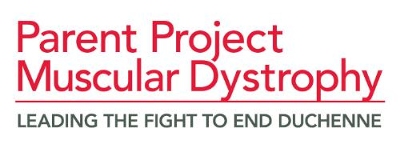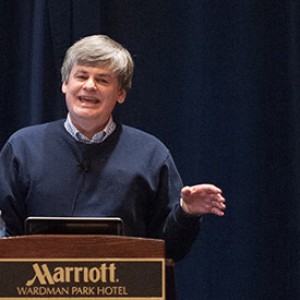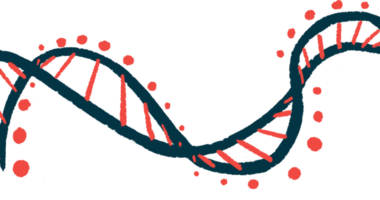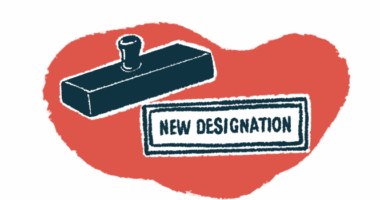John Porter Named New CEO of PPMD

 Non-profit organization Parent Project Muscular Dystrophy (PPMD) has nominated John Porter, PhD. as its new CEO. The former program director of the National Institute of Neurological Disorders and Stroke at National Institutes of Health (NIH) will join the organization to assist in supporting research projects working towards improved treatments and an eventual cure for muscular dystrophy, as announced by PPMD in a recent press release.
Non-profit organization Parent Project Muscular Dystrophy (PPMD) has nominated John Porter, PhD. as its new CEO. The former program director of the National Institute of Neurological Disorders and Stroke at National Institutes of Health (NIH) will join the organization to assist in supporting research projects working towards improved treatments and an eventual cure for muscular dystrophy, as announced by PPMD in a recent press release.
As the new CEO, Porter will be responsible for managing programs being conducted by PPMD with the purpose of increasing their impact, as well as exploring new opportunities for research and accelerating MD drug approvals. Porter will be leading the non-profit organization along with the organization’s founding president Pat Furlong and the chief Operating officer Kimberly Galberaith.
“PPMD is beyond thrilled to have John Porter joining our team,” said Pat Furlong, who will continue to be responsible for the strategic direction of the organization that she established 20 years ago as a way of honoring her sons with MD and helping other families suffering with Duchenne muscular dystrophy. “For years now, John has been an ally of the Duchenne community, making Duchenne research a priority at NINDS.”
“He helped put this disease on the federal radar and as a result has helped facilitate research from minimal investment from the federal government, into tens of millions of dollars dedicated to muscular dystrophy research. When I heard John was retiring from NIH, I thought ‘what a dream it would be to have someone with John’s talents at PPMD, dedicated to this community.’ Today is proof that dreams do come true!”
[adrotate group=”3″]
At the NIH institute Porter managed the grants attributed to research projects dedicated to neuromuscular conditions, and was the executive secretary of the interagency Muscular Dystrophy Coordinating Committee. In addition, Porter had also worked as professor of Neurology at Case Western Reserve University, where he conducted investigation on muscle biology in disorders such as Duchenne, that was funded by the NIH and advocacy groups.
“After conducting research in my own laboratory in academia for over 20 years, and then facilitating the funding of neuromuscular disease research by the NINDS for the next 10 years, PPMD offered me this unparalleled opportunity to synthesize that experience and bring it directly to bear on the challenges of better quality of life and novel treatments for people with Duchenne,” said Porter.
“I’m thrilled to join such a strong and vibrant team at PPMD, and work with the broader community of dedicated scientists, physicians, patient advocates, and families, in a leave no-stone-unturned approach to end Duchenne,” the new CEO added. The mission of the organization has been for 20 years to help end Duchenne, a genetic and fatal disease that is usually diagnosed in early age and affects between 3,500 and 5,000 live male births.






